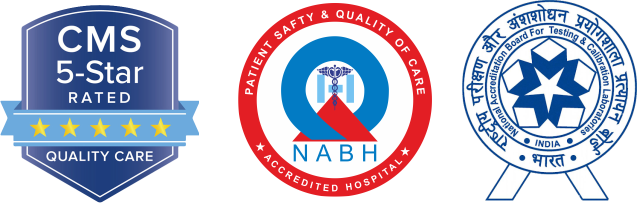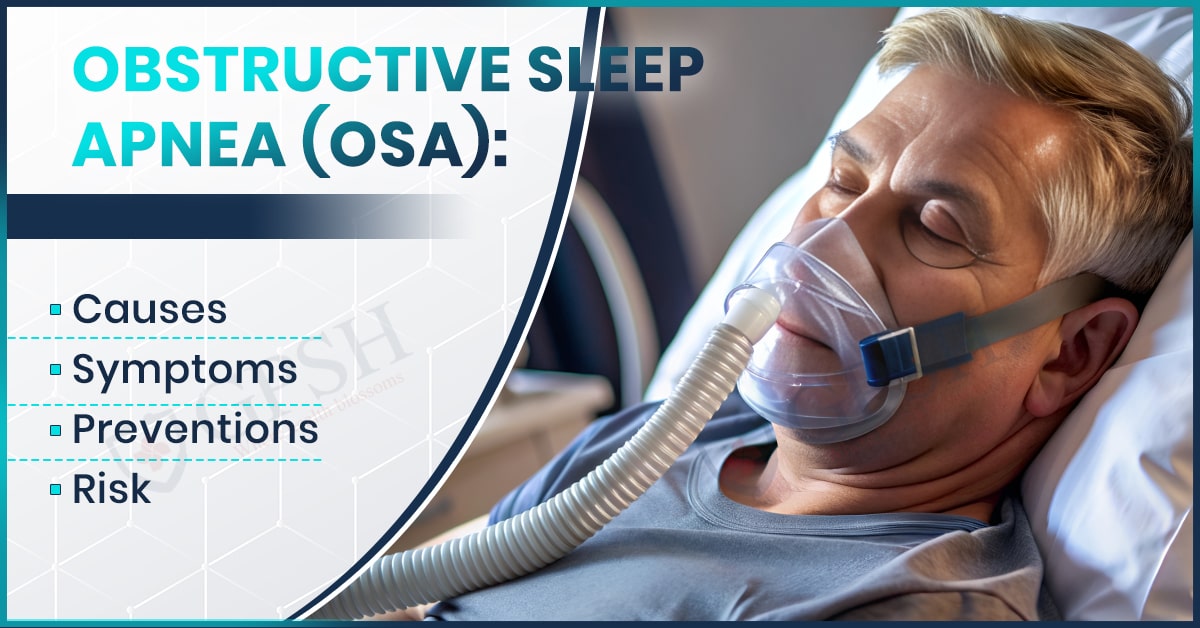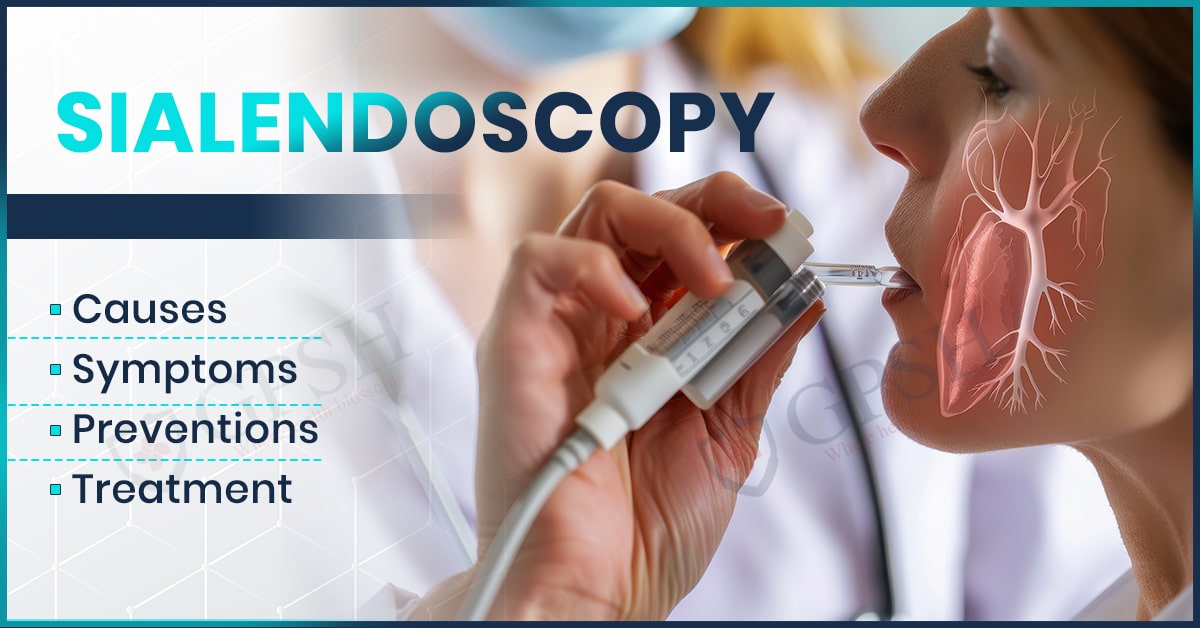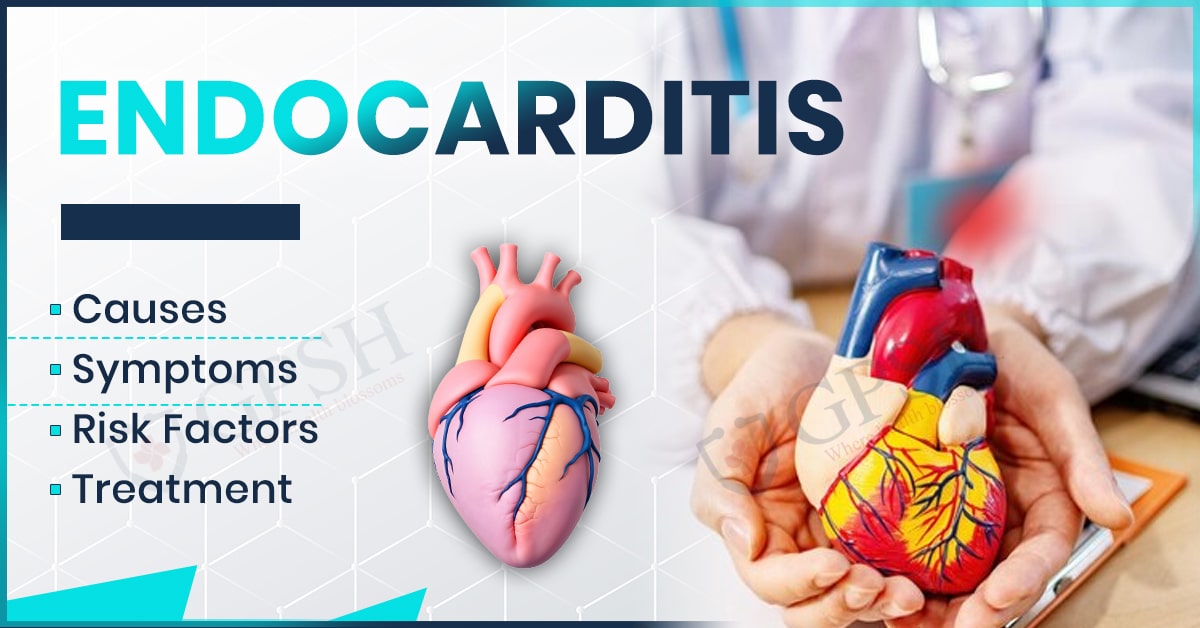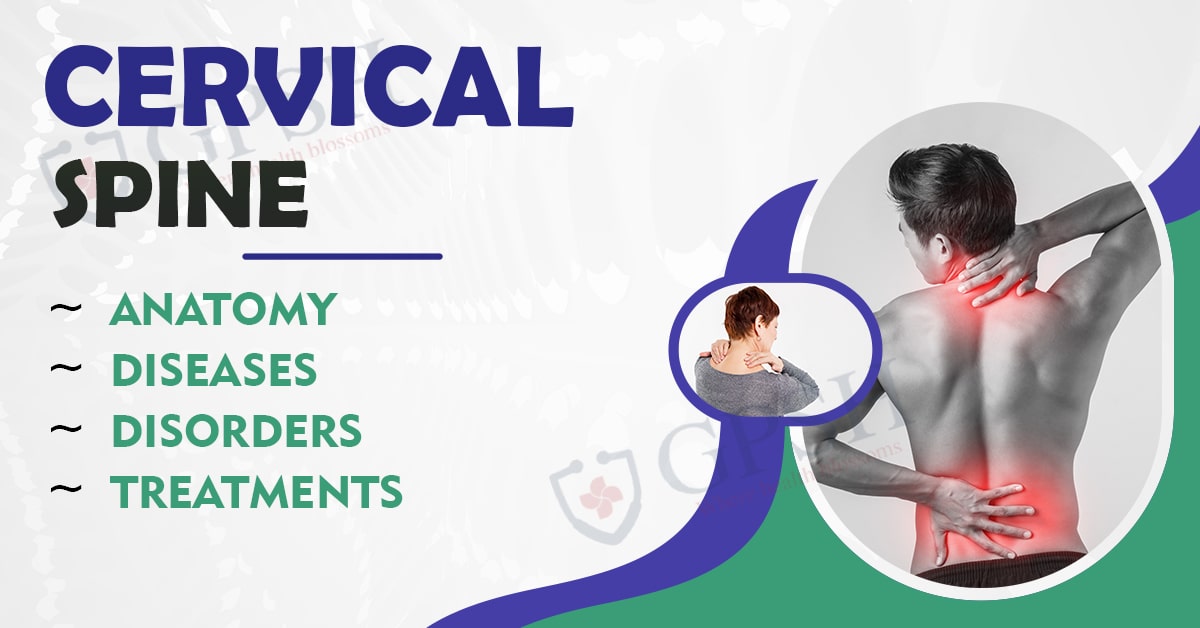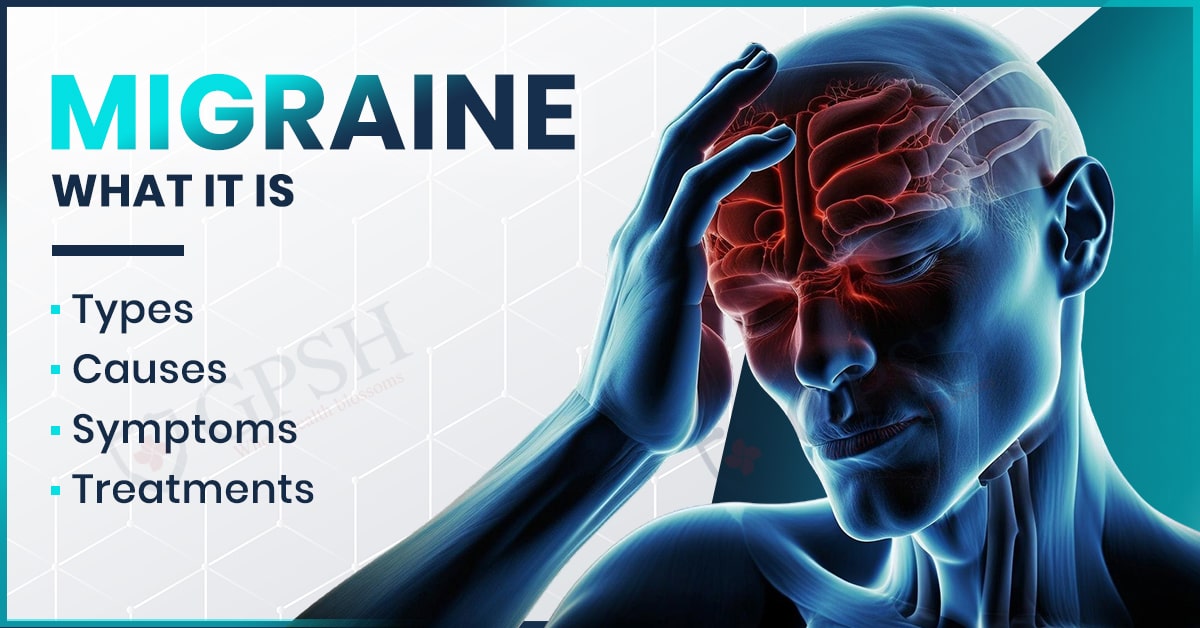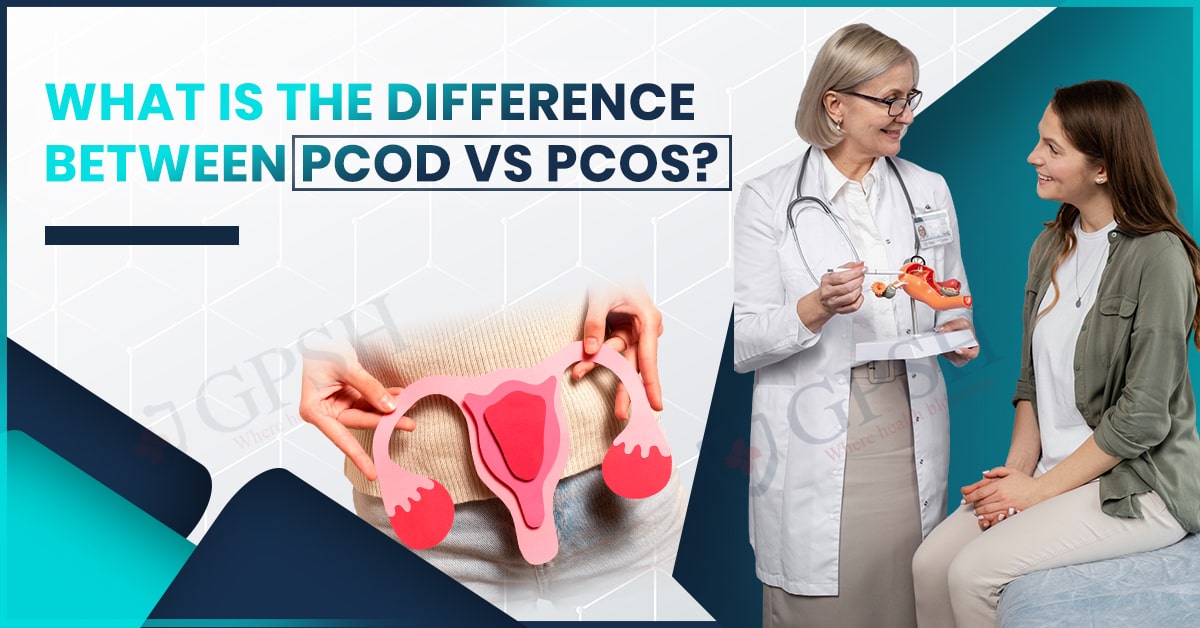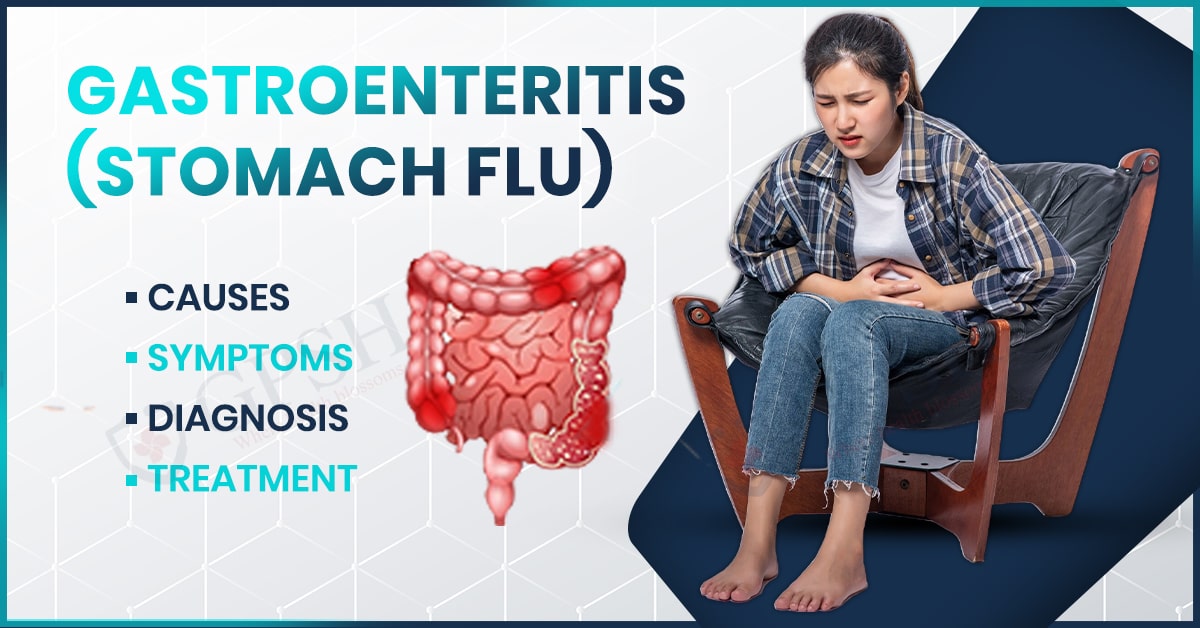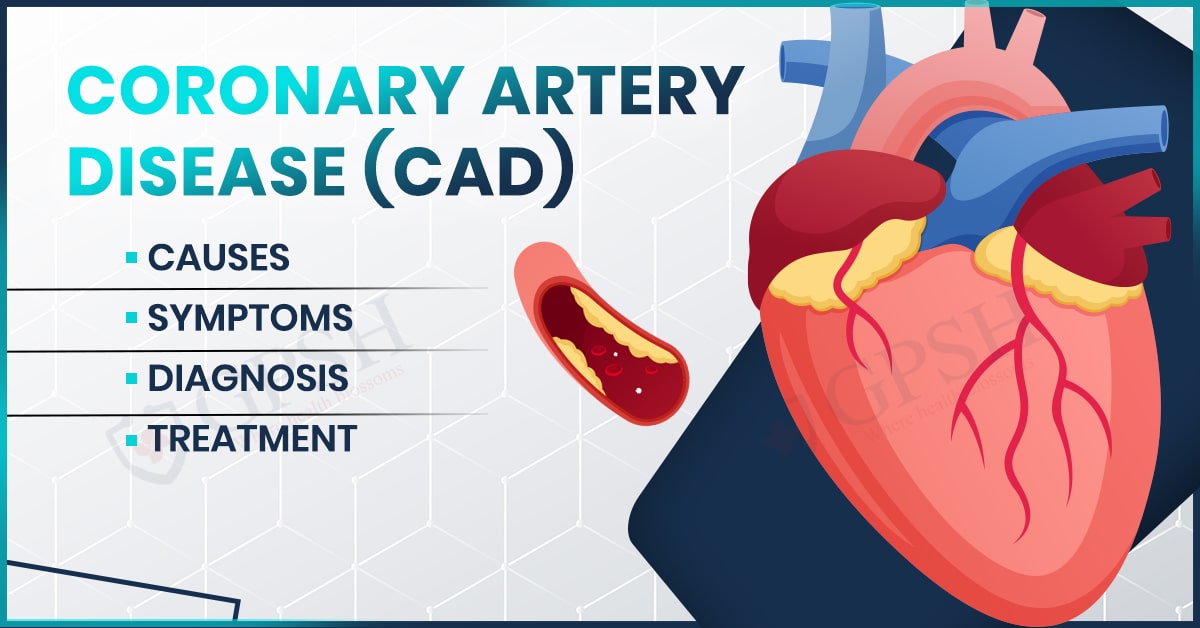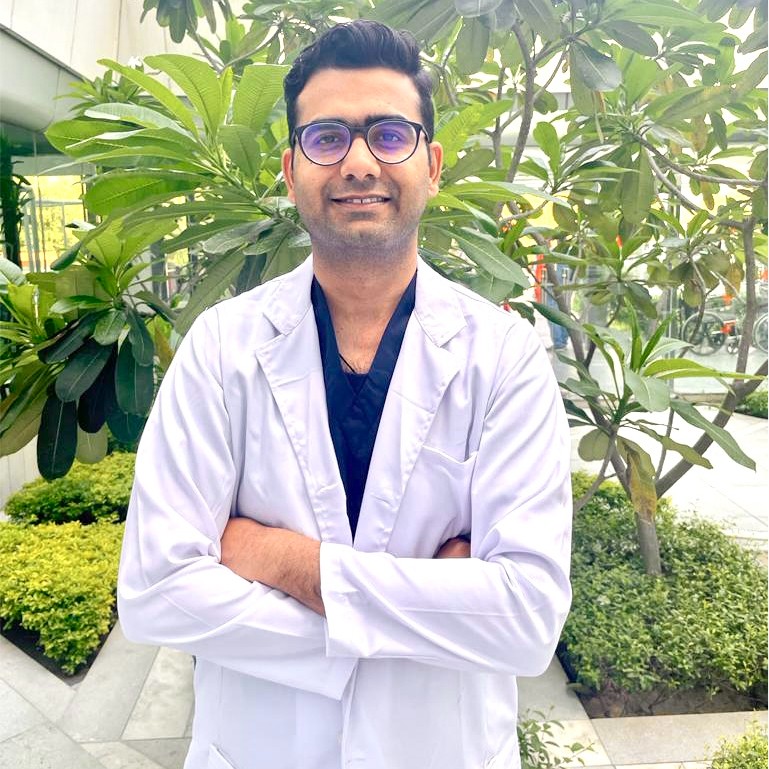Gastroenterology
Best Gastroenterology Hospital in Jaipur
Gastroenterology concentrates on the whole digestive tract including the esophagus, intestines, stomach, colon, colon, gallbladder, bile ducts in addition to the glands and liver. The ailments affecting these organs from top to bottom are so extensive that it needs comprehensive diagnosis and therapy. Expert gastroenterologists in Shekhawati Hospital Centre of Excellence at Gastroenterology have been at the top of the game in this domain.
Therapeutic Services in Endoscopic Unit:
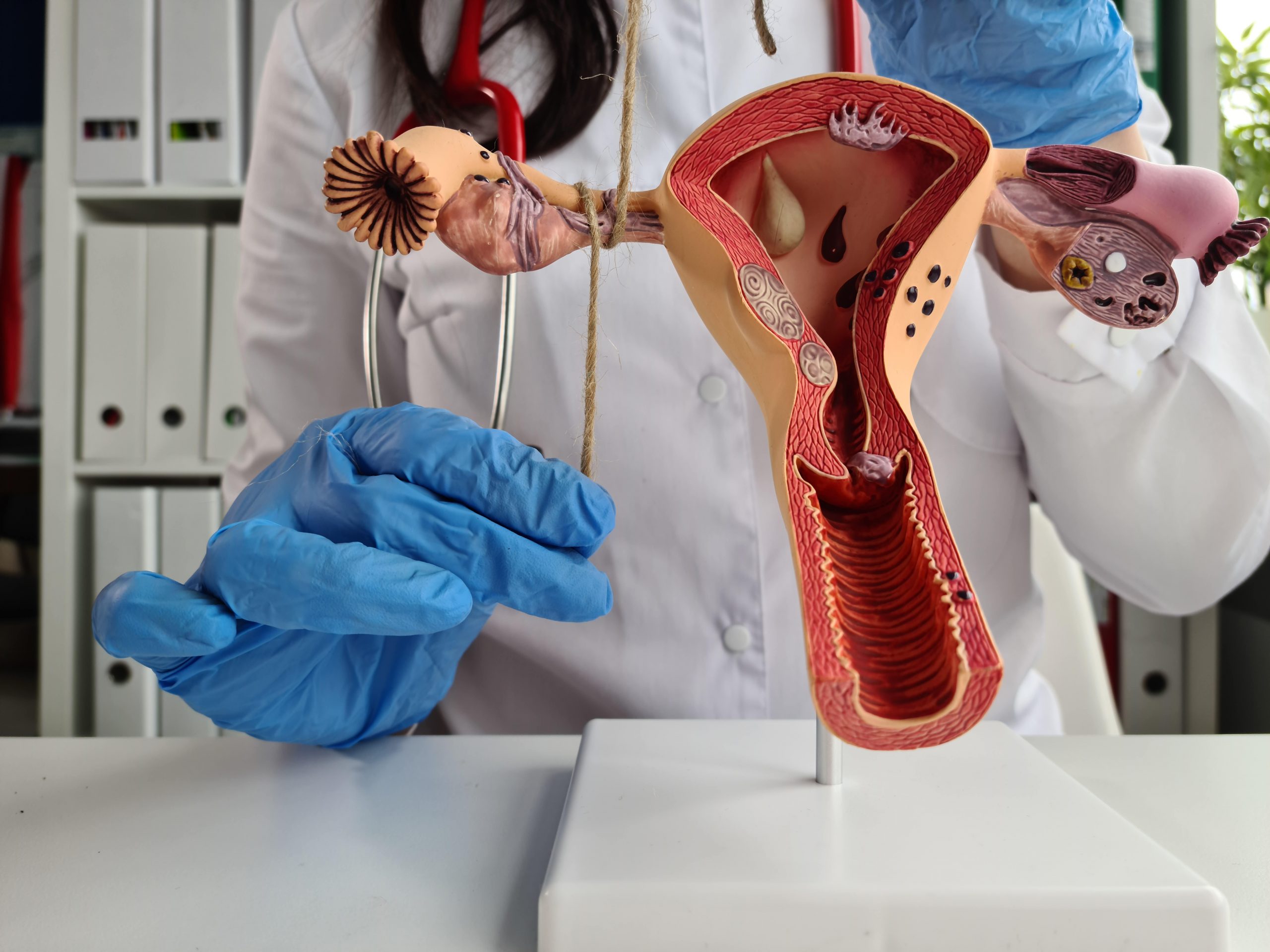
Variceal Band Ligation
Variceal band ligation is a surgical procedure that is used to close an artery that has been cut or damaged. It is also known as an end-to-end aneurysm closure procedure. This procedure is done when the patient has a ruptured variceal artery, which is an arterial tear in the wall of the intestine.
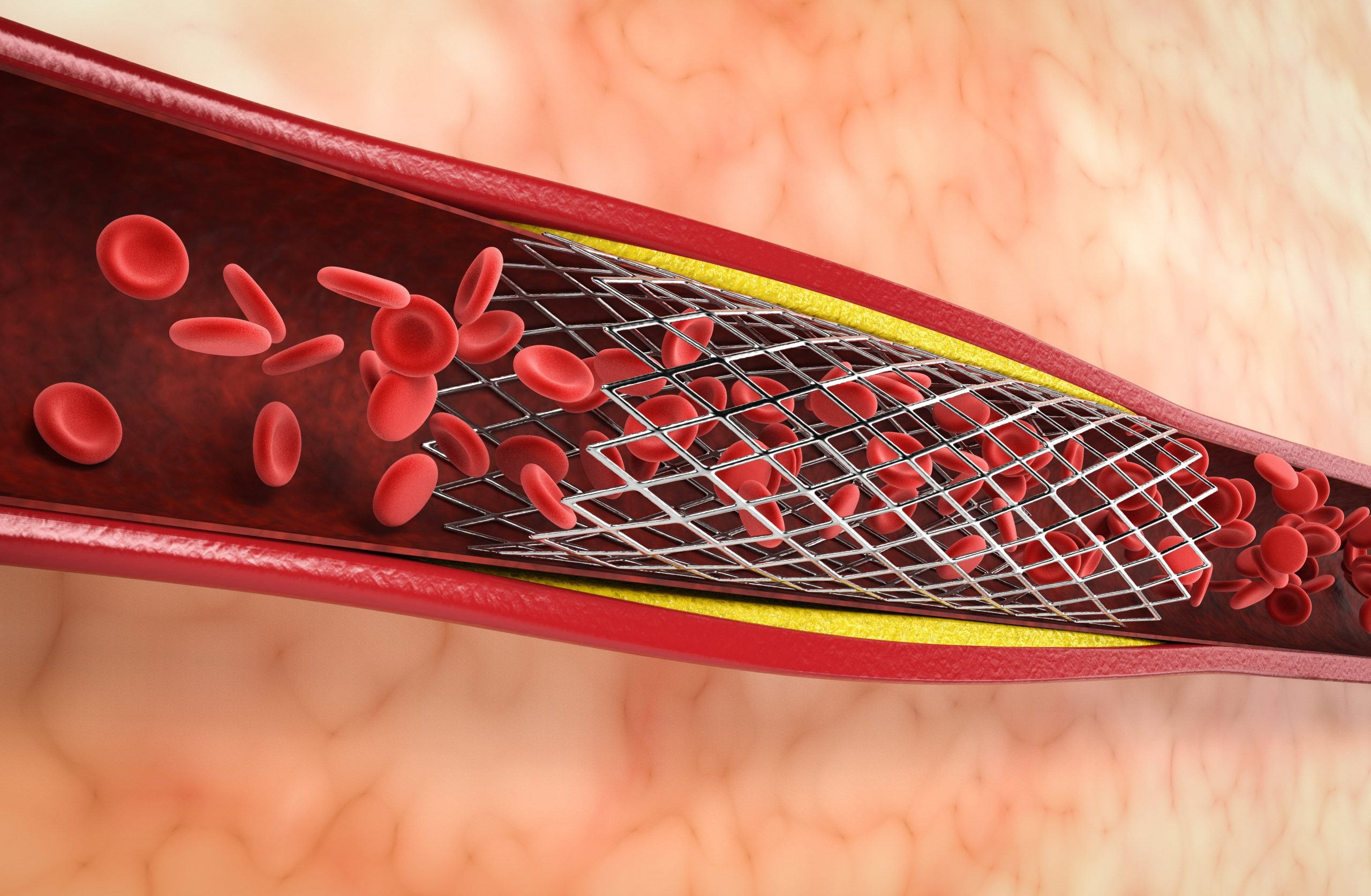
Dilatations
Dilatations are a medical condition in which the large veins in the extremities (particularly the feet and hands) become swollen. This can cause discomfort, pain, and difficulty moving the affected areas.
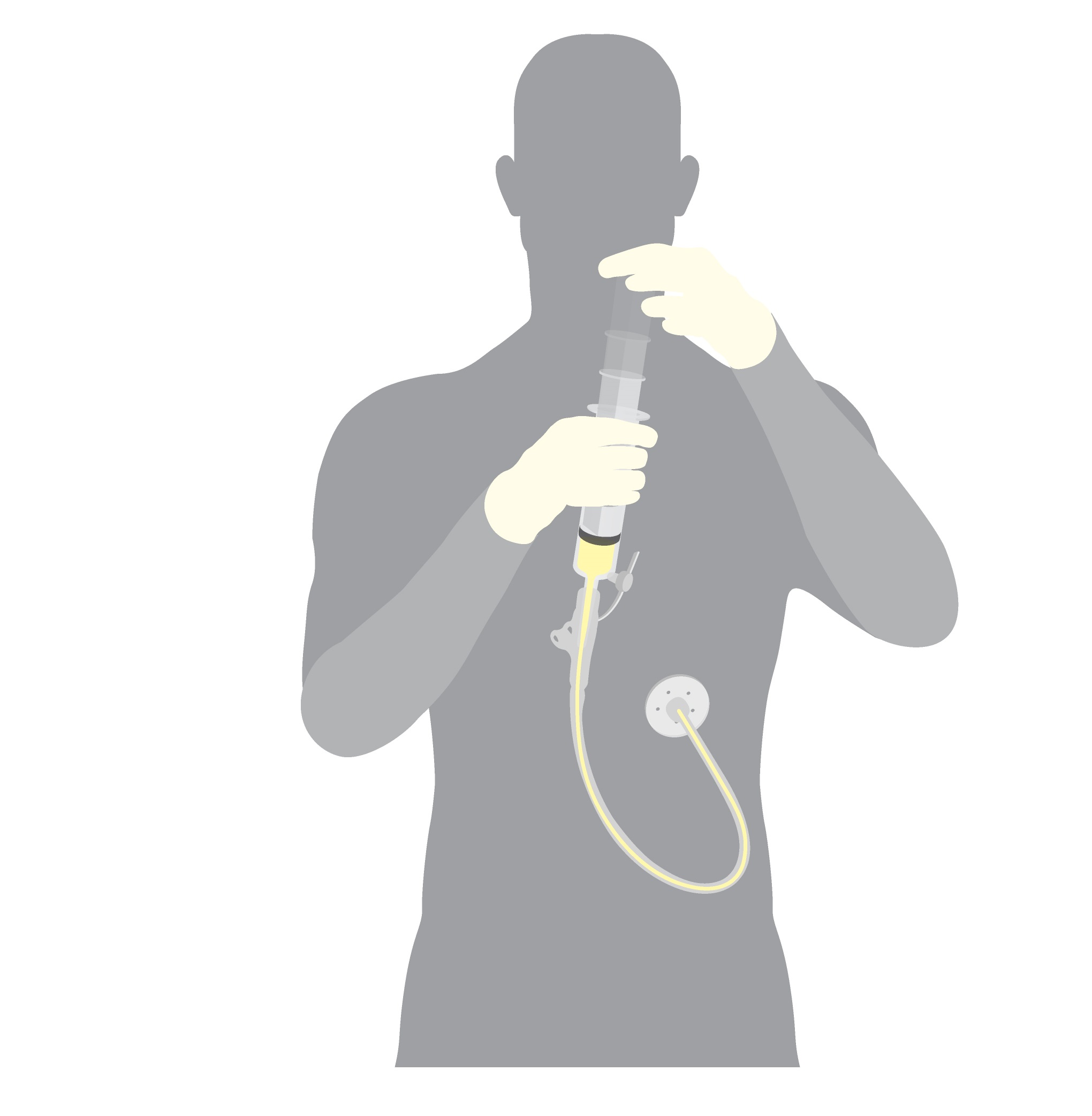
PEG Placement
PEG is a type of drug administration that is used to treat various diseases. The acronym stands for percutaneous endoscopic gastrostomy. This type of treatment involves the insertion of a tube through the person’s mouth and into their stomach, which is then threaded through to the small intestine. This method helps to increase the person’s food intake and relieve their symptoms.
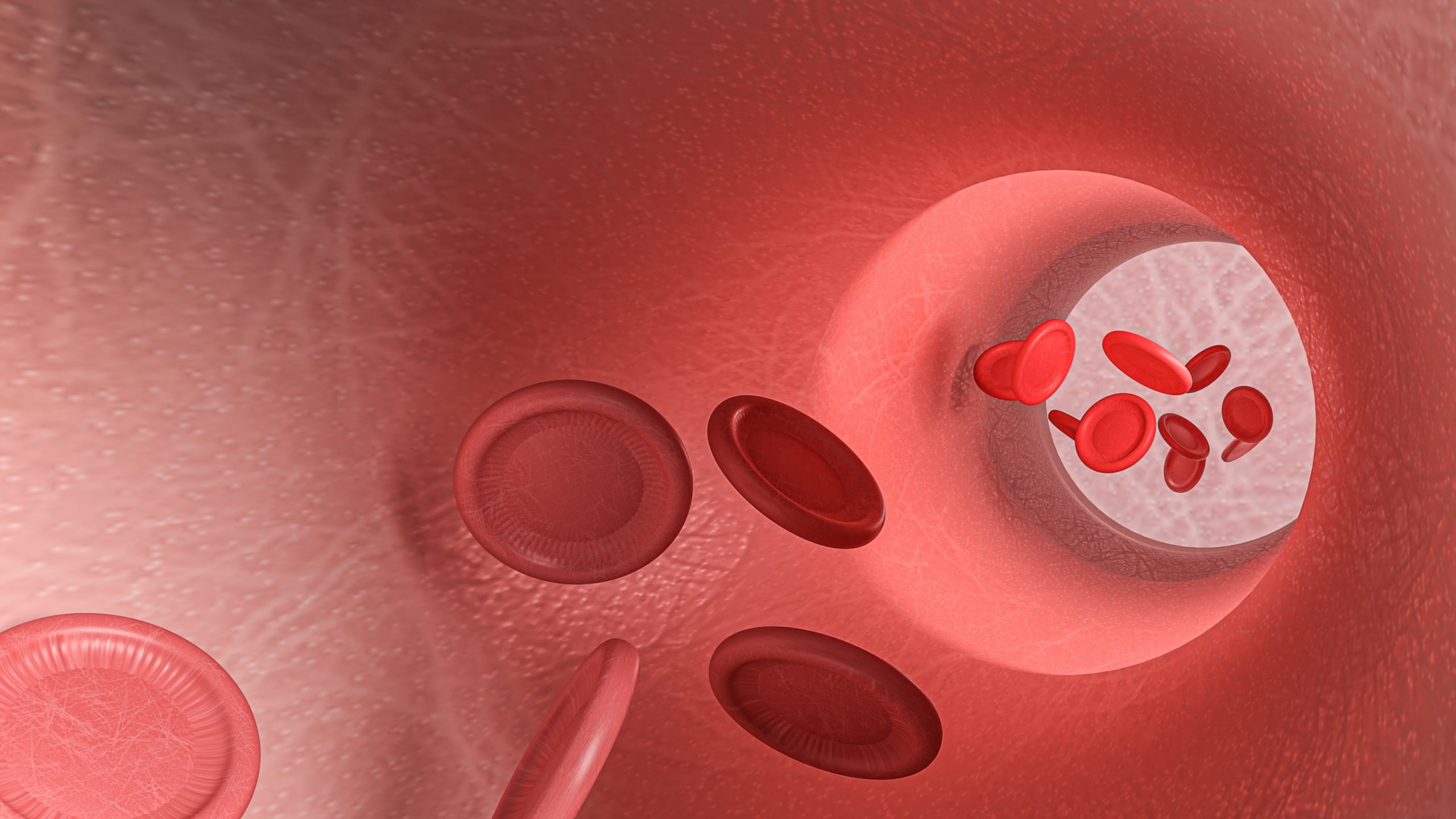
Argon Plasma Coagulation (APC) & heater probe
Argon Plasma Coagulation (APC) is a medical procedure that uses a small probe to deliver heat to a blood vessel. The probe is inserted into the vessel and delivers an electric current that creates an argon plasma. This plasma causes the blood vessel to clot, which stops the bleeding.
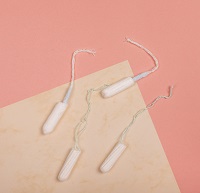
Endoclips
Endoclips is a medical innovation that allows surgeons to clamp and cut tissue without cutting through skin. This minimizes the risk of infection and decreases the time required for surgery. Endoclips are also versatile, allowing surgeons to perform a variety of procedures such as liposuction, hernia repair, and prostate surgery.
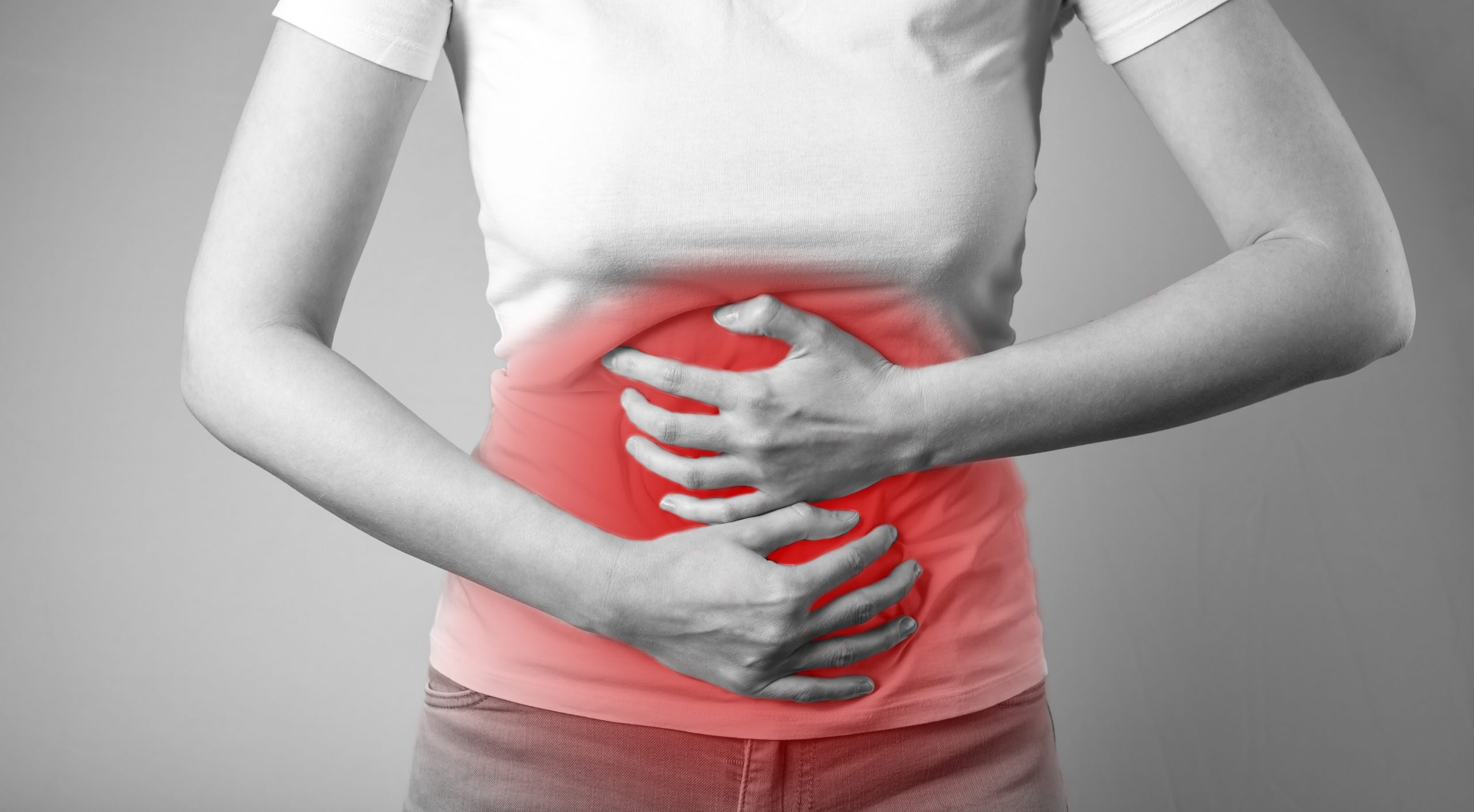
Anti Refux Surgery
Reflux, also called gastroesophageal reflux disease (GERD), is a common digestive problem that happens when stomach acid flows back up into your esophagus. GERD can cause heartburn and other problems. If you have severe or chronic GERD, your doctor may suggest surgery. Anti-reflux surgery, also known as laparoscopic fundoplication, is a procedure that can help control GERD by stopping the flow of stomach acid back up into your esophagus.
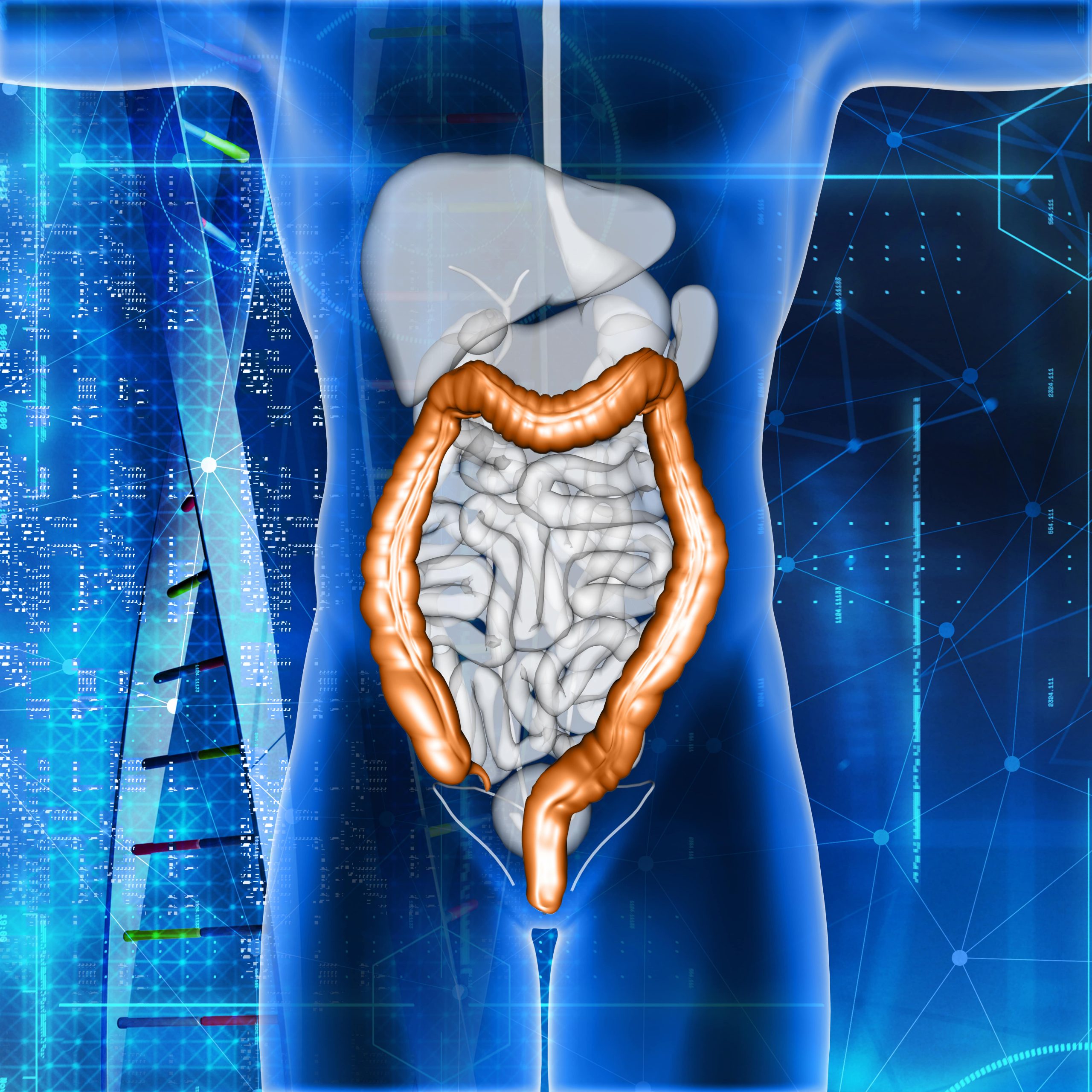
Colonoscopy
A colonoscopy is a medical procedure that uses a thin, flexible tube with a camera on the end to view the inside of your rectum and colon. It is used to check for polyps, cancer, and other problems. Colonoscopies are often done as part of a screening test for people who are at risk for colorectal cancer.
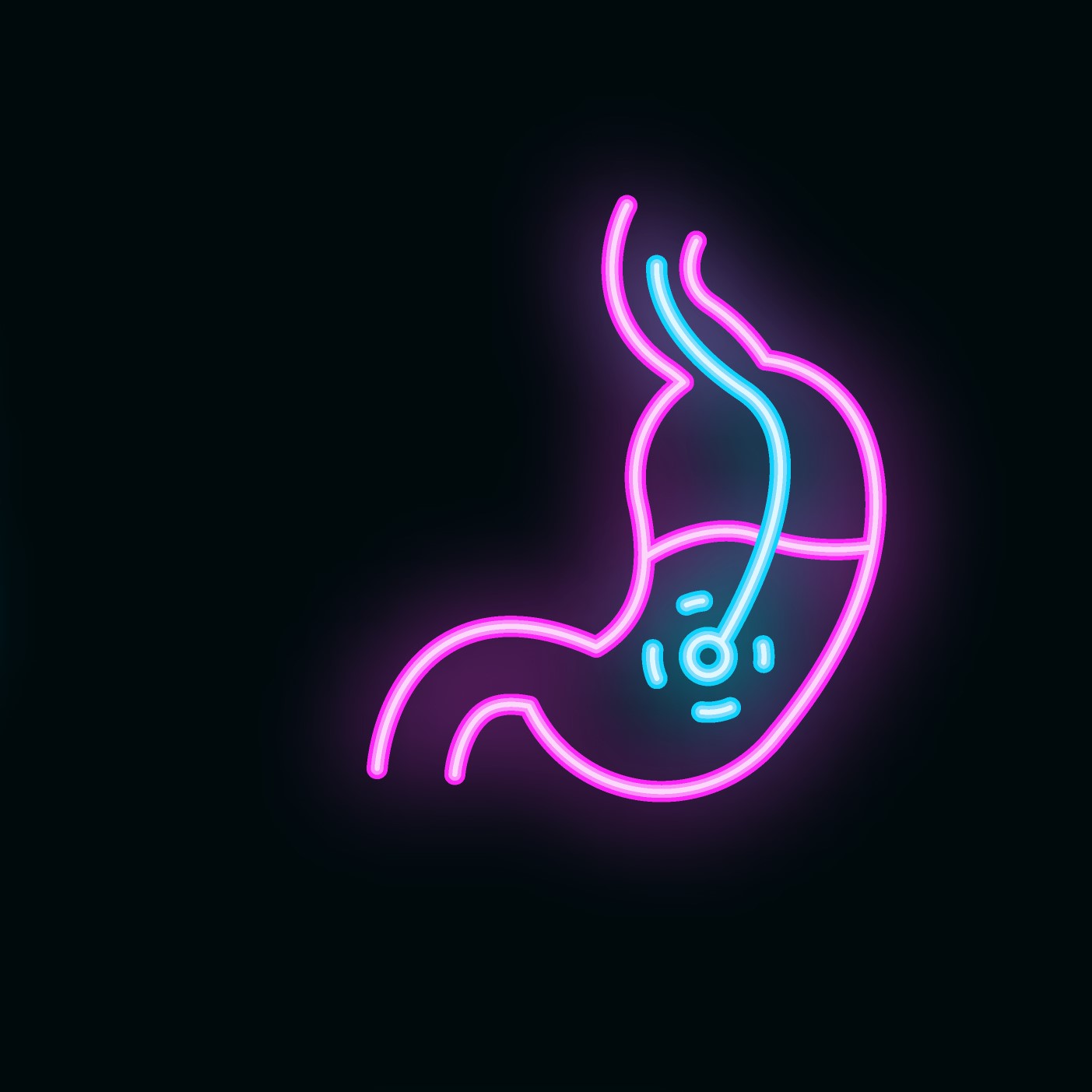
Sigmoidoscopy
Sigmoidoscopy is a medical procedure that allows a doctor to look inside the rectum and sigmoid colon. This is done by inserting a thin, flexible tube called a sigmoidoscope into the rectum. The sigmoidoscope has a light and camera at one end, which allows the doctor to see the inside of the rectum and sigmoid colon.
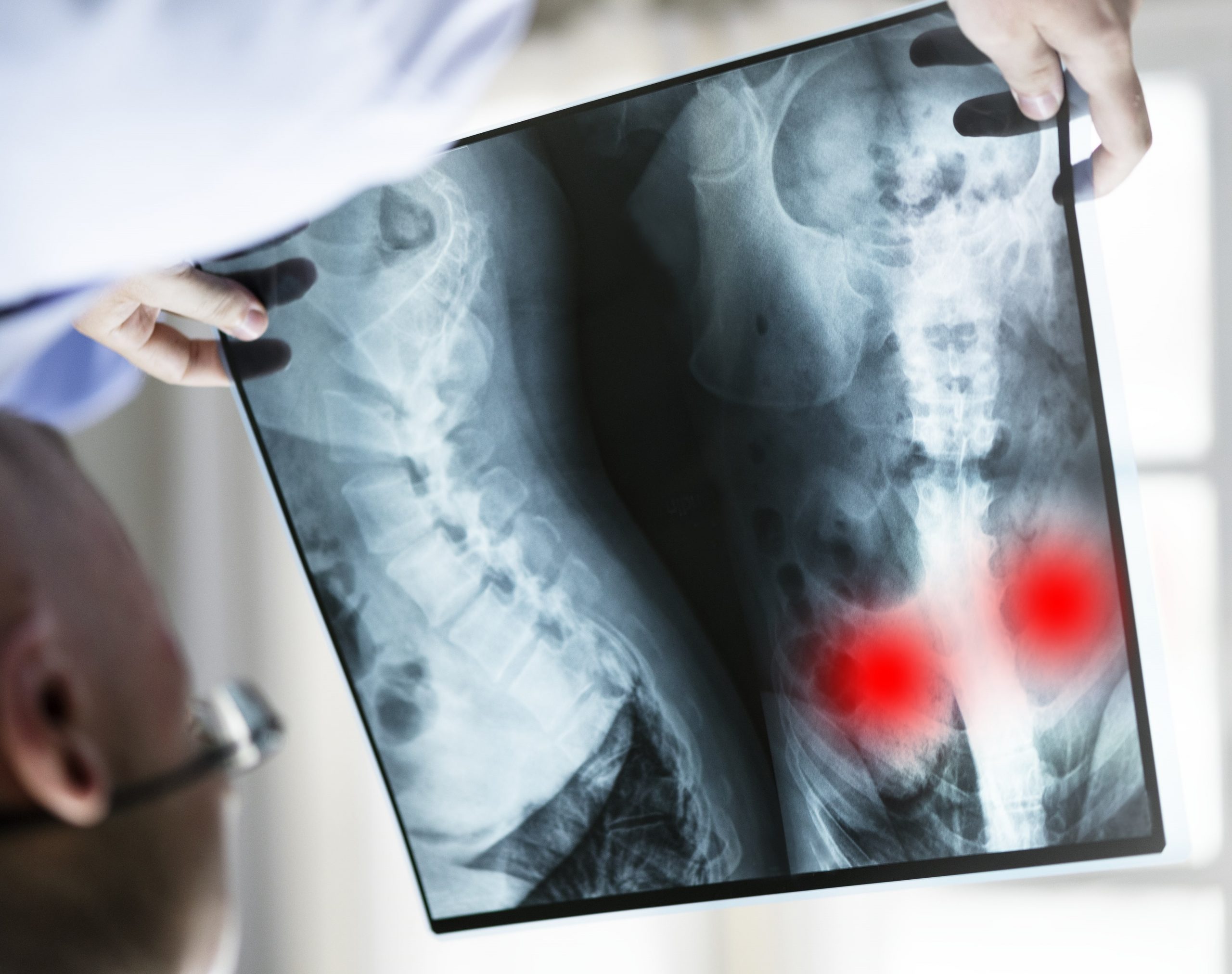
Foreign Body Removal
Foreign body removal is a surgical procedure to remove an object from inside the body. This can be a foreign object such as a bullet or a piece of metal, or it can be an internal organ that has been displaced. Foreign body removal is a common procedure and can be performed laparoscopically or through traditional surgery. The goal of the surgery is to remove the object without causing further damage to the surrounding tissue.
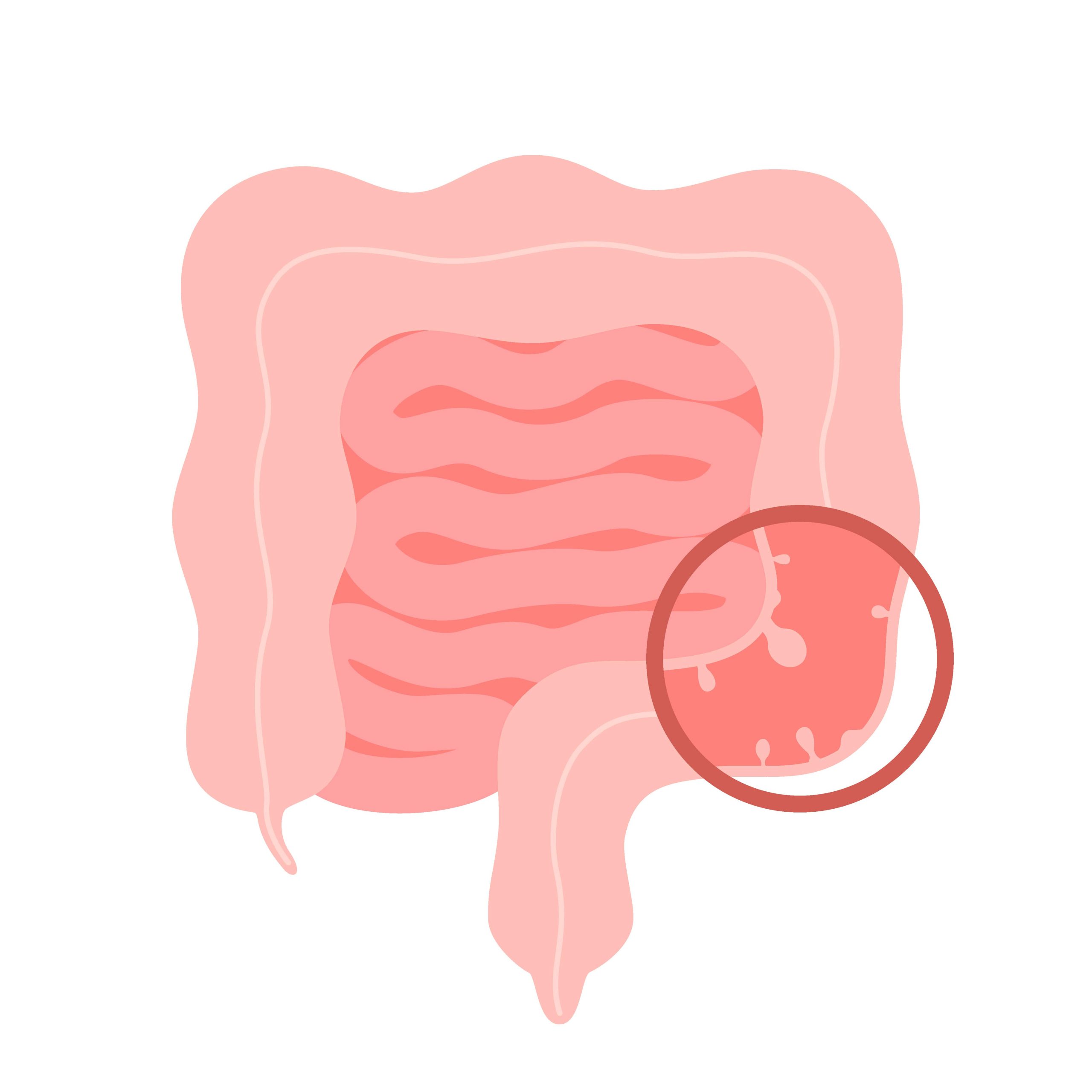
Polypectomy
Polypectomy is a surgical procedure that removes a polyp from the colon or rectum. A polyp is a small, noncancerous growth that may form on the lining of the colon or rectum. Polyps can cause bleeding, pain, and other problems. Removal of a polyp may help prevent these problems.
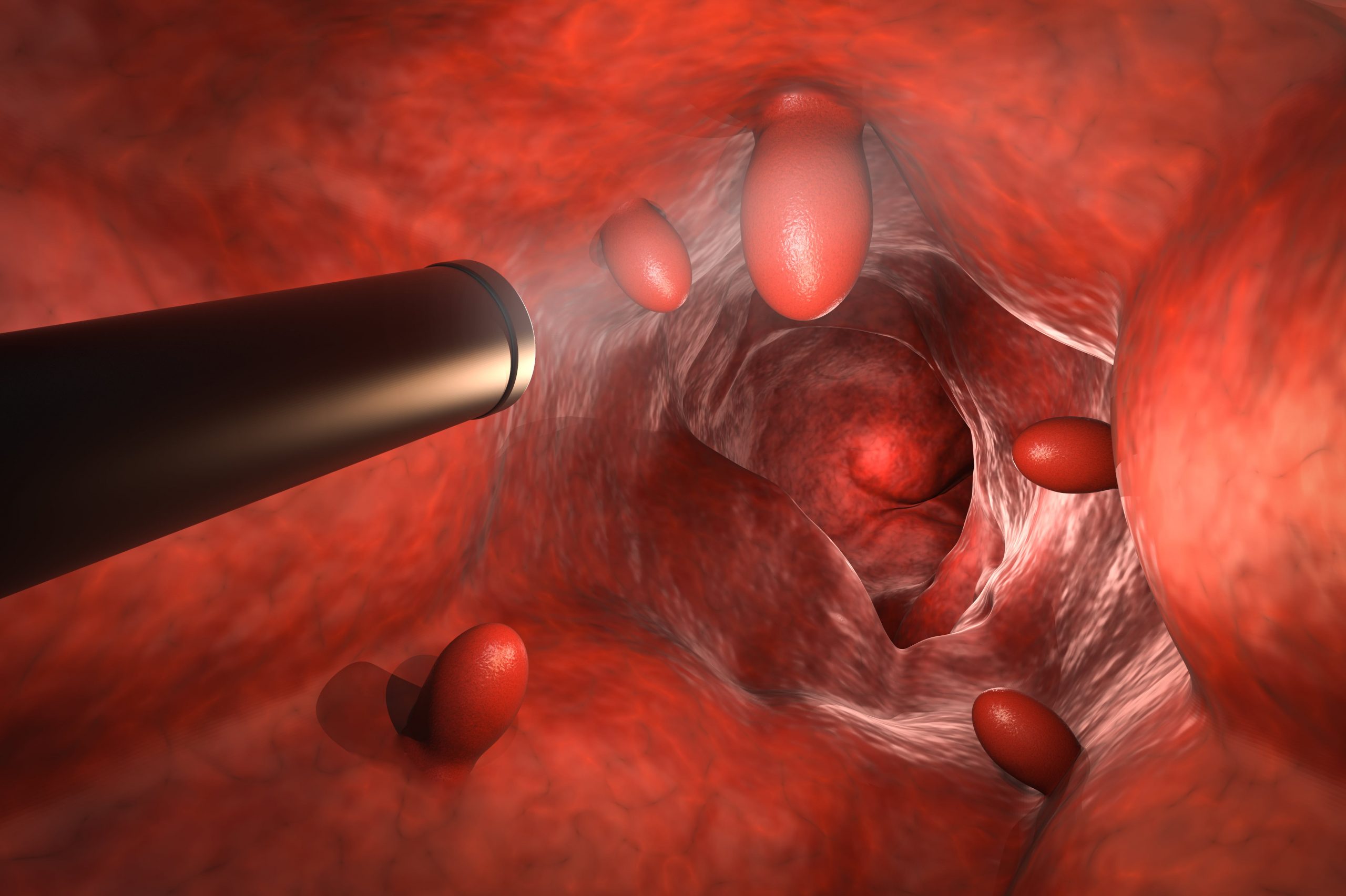
ERCP- Including stone removal, stricture dilatation and stenting of bile and pancreatic ducts
Endoscopic retrograde cholangiopancreatography (ERCP) is a procedure that combines the use of an endoscope and a fluoroscope to examine the bile and pancreatic ducts. This procedure can be used to remove stones from the ducts, dilate strictures, and place stents.
Diagnostic services in Endoscopic Unit:
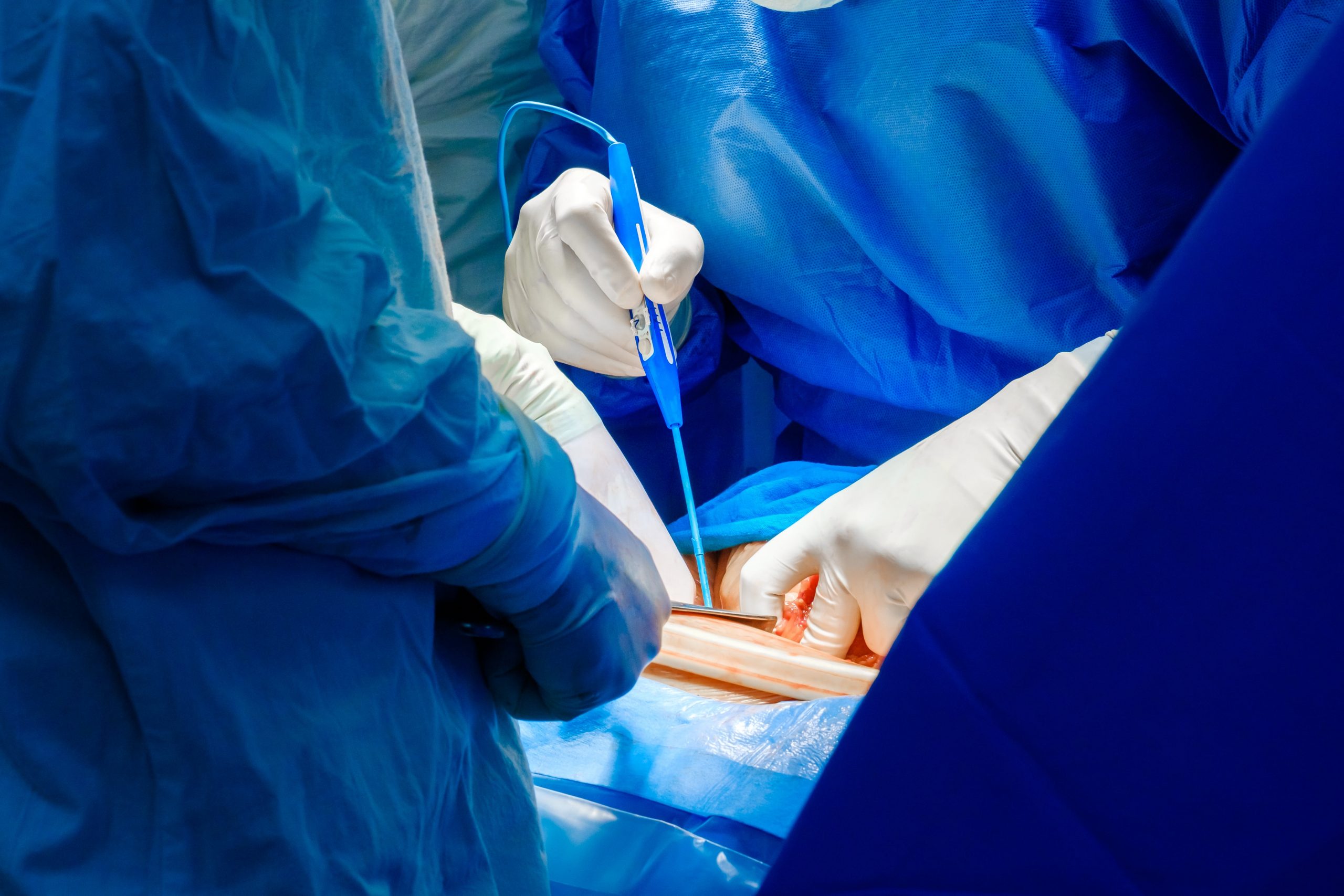
Upper Gl endoscopy
Upper Gl endoscopy is a medical procedure that uses an endoscope to examine the upper part of the gastrointestinal tract. The endoscope is inserted through the mouth and passed down the throat, esophagus, and stomach. This procedure is used to detect and diagnose problems in the upper gastrointestinal tract, such as ulcers, tumors, inflammation, bleeding, and blockages.

Sigmoidoscopy
Sigmoidoscopy is a medical procedure that uses a thin, flexible tube with a light and camera on the end to look inside the rectum and sigmoid colon. The doctor can see any problems in these areas, such as polyps, hemorrhoids, or tumors.
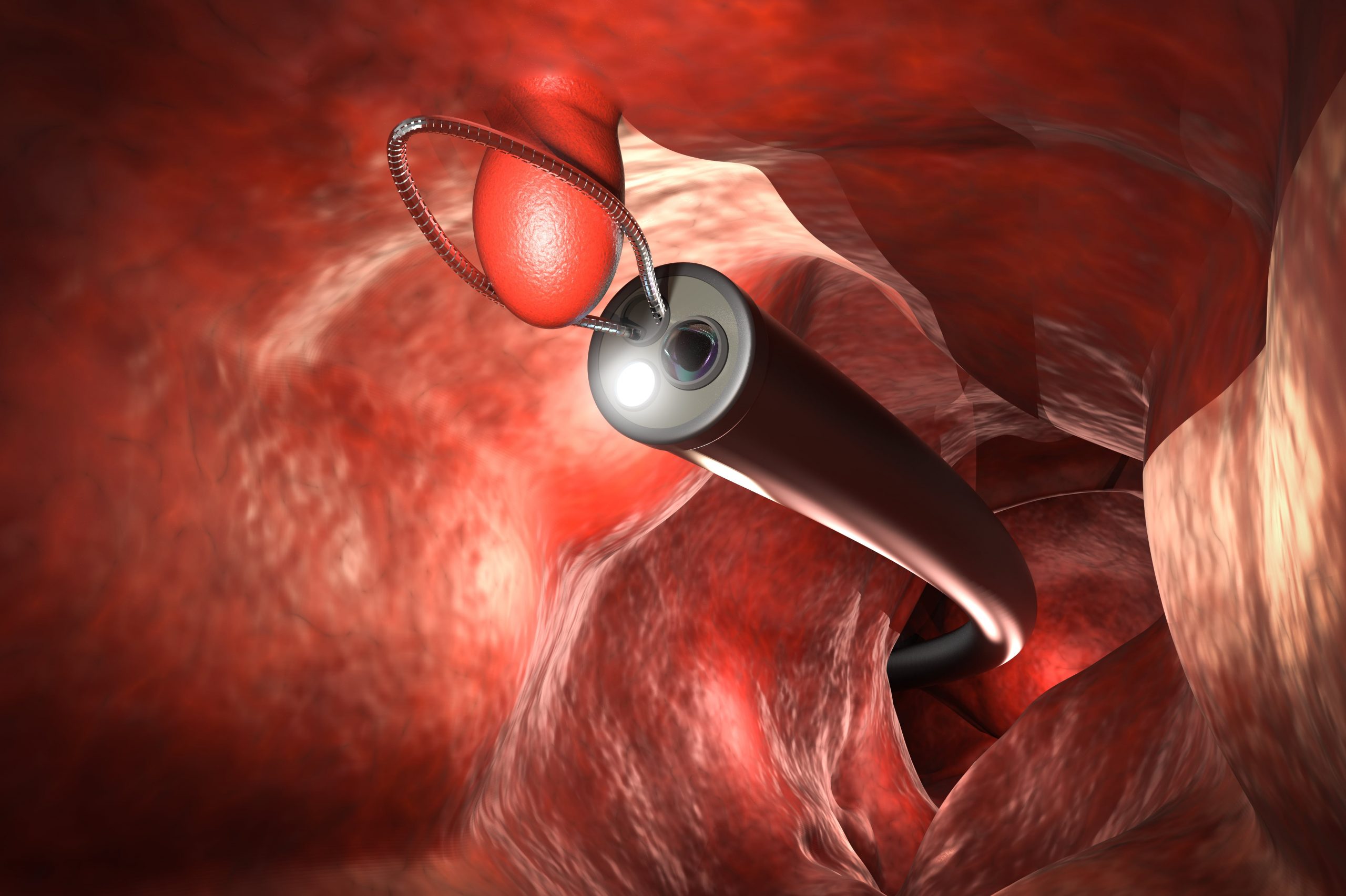
lleo-Colonoscopy
A colonoscopy is a diagnostic procedure that allows your doctor to view the inside of your large intestine, or colon. The test is used to detect polyps, tumors, and other abnormalities in the colon. It also helps your doctor identify the cause of unexplained changes in bowel habits.
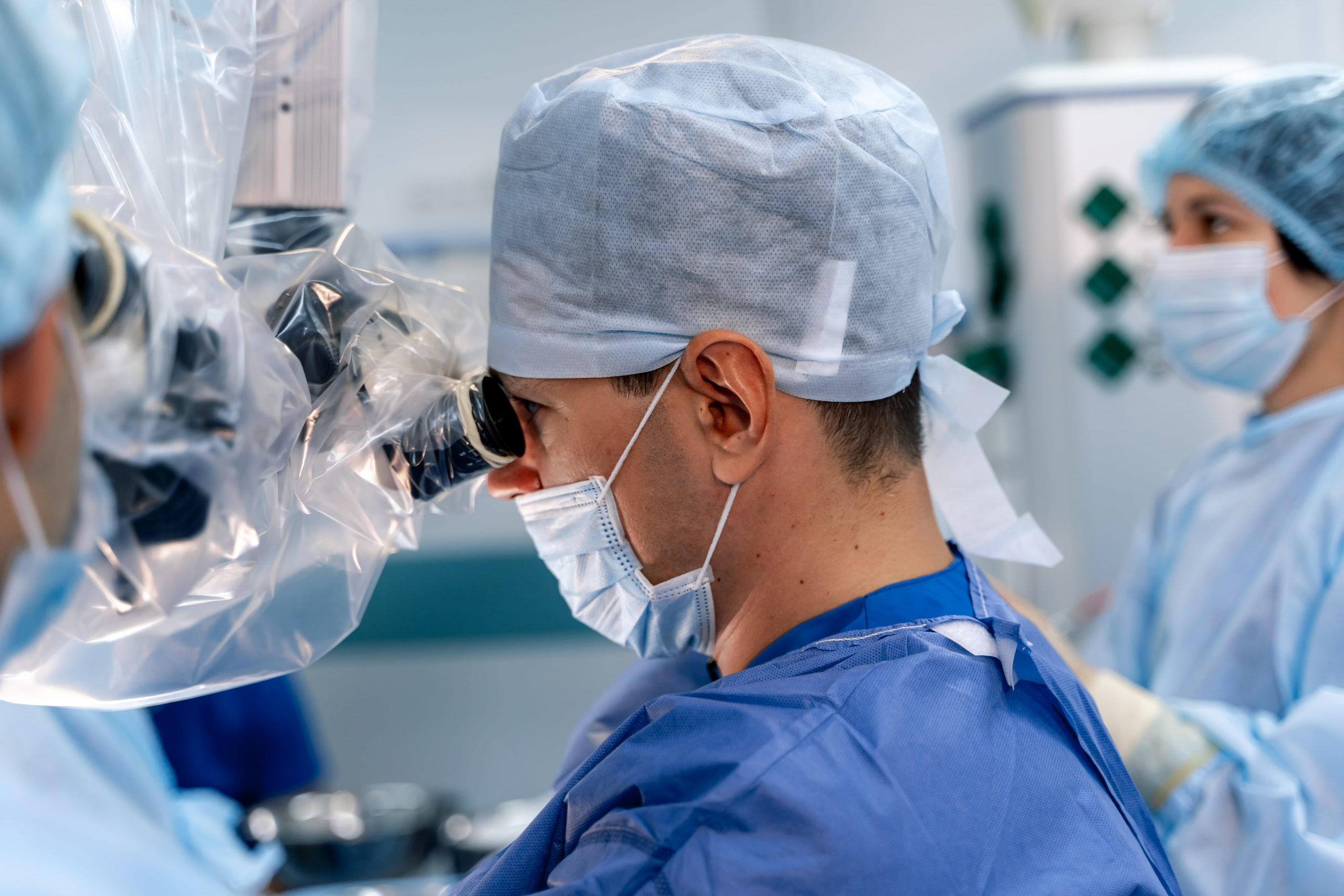
Side View Endoscopy
Side view endoscopy is a medical procedure that uses an endoscope to examine the side of the body. The endoscope is inserted into a natural orifice, such as the mouth or anus, and passed along the side of the body. Side view endoscopy can be used to examine organs such as the liver, pancreas, and gallbladder.
Why Shekhawati Hospital for Gastroenterology Services:
We’ve become the pioneer in the specialty and also the greatest and most comprehensive in the nation. Shekhawati Hospital neurologists are continuously pushing the limitations and seeking novel techniques to increase diagnosis and treatments for individuals with neurological disorders through their study and collaboration with researchers globally. Combined with its multidisciplinary approach, innovative and innovative tools, from tech to diagnosis to treatment and care, Shekhawati Hospital is at the forefront in exceptional Quaternary care which takes Shekhawati Hospital to the list of Best Neurology Hospital in Jaipur.
Book An Appointment
Health & Tips
FEATURED SERVICES
We cover a big variety of medical services
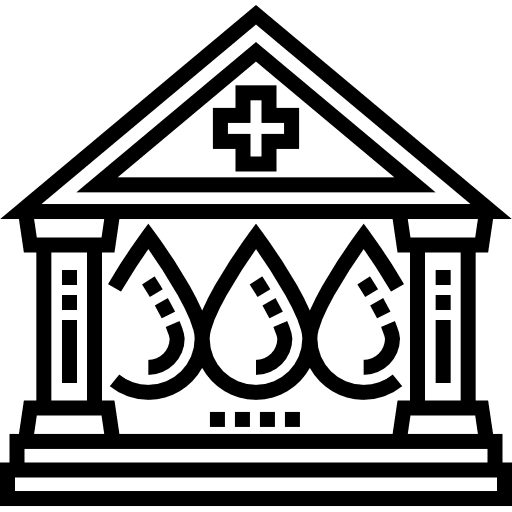
BLOOD BANK
24*7 Blood Bank
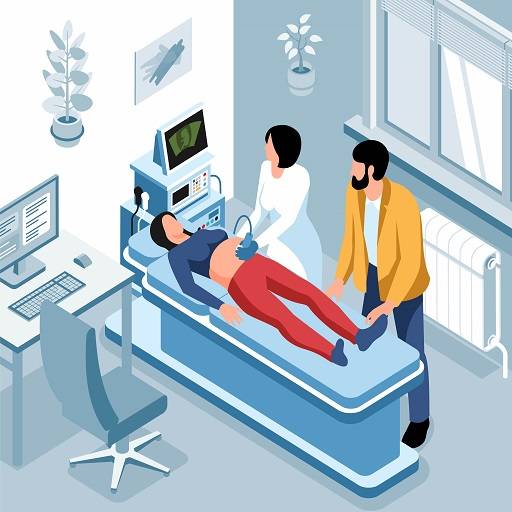
CT SCAN & MRI
24*7 Service

RADIOLOGY
Accurate Results

PATHOLOGY
All Lab Assitance

ACLS - AMBULANCE
24*7 Emergency

PHARMACY
24*7 Pharmacy
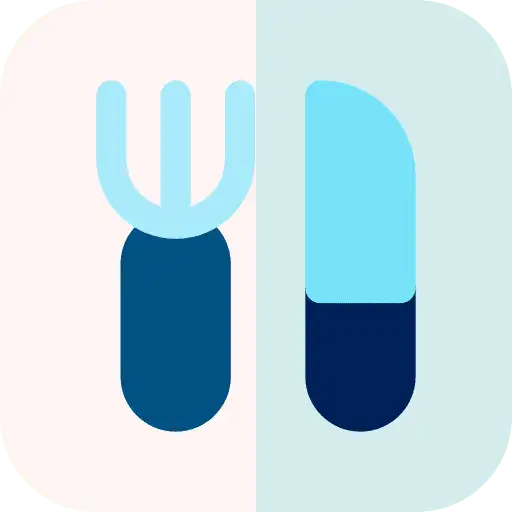
CAFETERIA
24*7 Foods
HEAD OF DEPARTMENT AND STAFF
A powerfull team working for your Health
FREQUENTLY ASKED QUESTIONS (FAQs)
Shekhawati Hospital’s Gastroenterology department treats a wide range of digestive system conditions, including acid reflux, inflammatory bowel disease, irritable bowel syndrome, hepatitis, liver disease, pancreatitis, and gallbladder disease.
The hospital uses a range of diagnostic tests and procedures to diagnose digestive system conditions, including endoscopy, colonoscopy, ultrasound, CT scan, MRI, liver function tests, stool tests, and biopsy.
The hospital offers a range of treatments for digestive system conditions, including medication, lifestyle changes, dietary modifications, endoscopic procedures, surgery, and liver transplant.
The possible side effects of treatments offered at the hospital’s Gastroenterology department depend on the specific treatment and condition being treated. Patients should discuss possible side effects with their healthcare provider before undergoing treatment.
The hospital’s Gastroenterology department recommends dietary and lifestyle changes depending on the specific condition being treated. Some common recommendations include avoiding spicy and fatty foods, increasing fiber intake, drinking plenty of water, getting regular exercise, and avoiding smoking and excessive alcohol consumption.
The post-treatment care required after undergoing treatment at the hospital’s Gastroenterology department depends on the specific treatment and condition being treated. Patients should follow their healthcare provider’s instructions regarding post-treatment care, including any medication, dietary and lifestyle modifications, and follow-up appointments.
TESTIMONIALS
Patients Reviews Meant to Us




